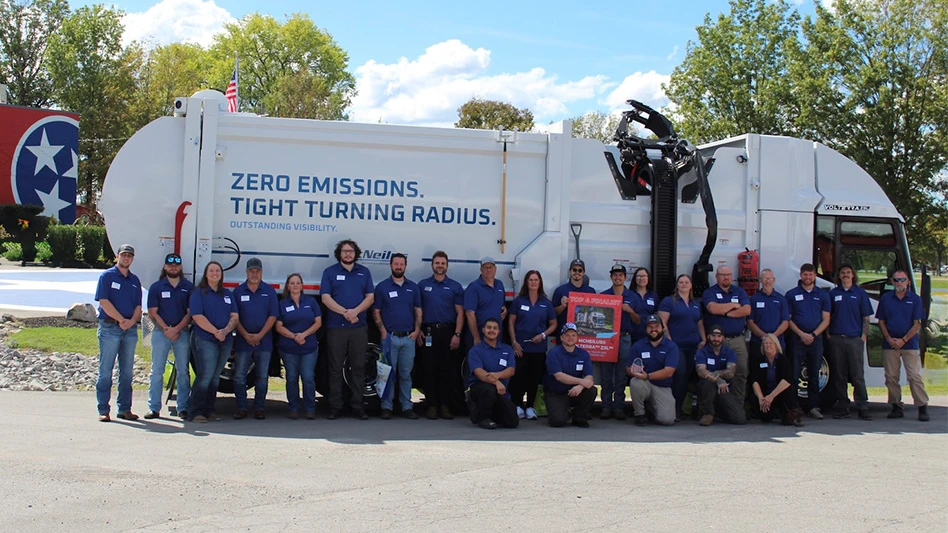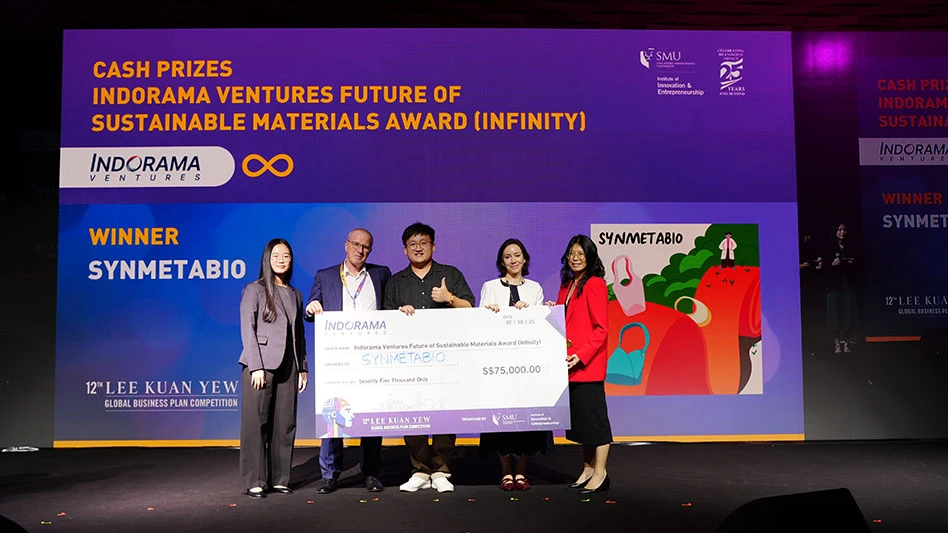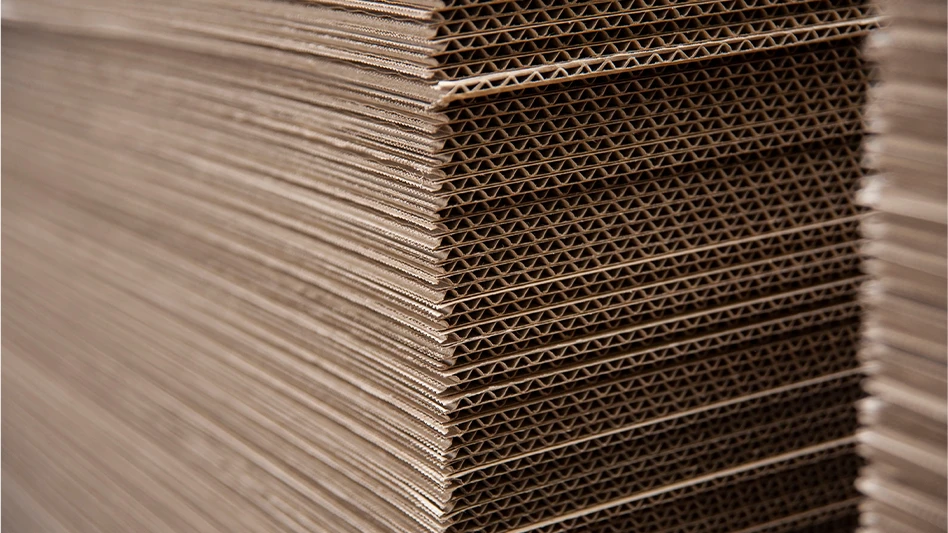
©Formatoriginal - stock.adobe.com
Schneider Electric, a Rueil-Malmaison, France-based company focused on the digital transformation of energy management and automation, has unveiled the first home energy solutions made from ocean plastics and has updated its product packaging to enhance its commitments to sustainability.
The products debuted at CES 2022, which is taking place through Jan. 7 in Las Vegas.
Schneider’s Merten range of sockets and switches now features models made from polyamide fishing nets recovered from the Indian Ocean and Arabian Sea. The company partnered with DSM Engineering Materials, Troy, Michigan, in transforming discarded fishing nets into high-grade technical plastic that can be used in electrical devices.
According to a news release, DSM collaborates with local communities in India to recover and collect the fishing nets, which are then cut up, cleaned, extruded and inspected before being sent to DSM for processing into Akulon Repurposed compound.
“Tackling the global challenge of ocean plastics will require our entire industry to step up and find innovative solutions to drive a circular transformation,” says Helen Mets, executive vice president of materials at DSM. “Through our collaboration with Schneider Electric, we aspire to take small steps toward maintaining healthier marine life, litter-free beaches and cleaner oceans and the initiative also supporting local livelihoods and create jobs.”
DSM was recognized last year for its partnership with Ford Motor Co. in the use of Akulon Repurposed plastic in the Ford Bronco Sport, making Ford the first automaker to use 100 percent recycled ocean plastic to produce car parts.
The World Wildlife Federation estimates abandoned fishing nets account for as much as 46 percent of the waste in the Great Pacific Garbage Patch, which covers an area twice the size of Texas and three times the size of France. Schneider says the new Merten product line contribute to reducing the approximately 640,000 tons of fishing nets discarded in the ocean each year and is the first step in making its range of products more sustainable.
In an attempt to further its sustainability commitments, Schneider also has revamped its product packaging, eliminating all single-use and nonrecyclable materials from its packaging process in what the company says is a first step toward future 100 percent recyclable packaging.
“The challenge of weaning the world from our addiction to plastic waste might seem impossible, but change is possible and it begins at home,” says YiFu Qi, executive vice president of global home and distribution at Schneider. “The collaboration between DSM and Schneider Electric is a world first and a game-changer for the market.
“We hope to pave the way for even more sustainable innovations in the electrical solutions industry and spark inspiration and innovation for years to come.”
Get curated news on YOUR industry.
Enter your email to receive our newsletters.
Latest from Recycling Today
- ReMA to launch virtual fiber-focused event
- DuPont announces winners of Tyvek Sustainable Healthcare Packaging Awards
- HRH Metals gets new owner
- ESGL files provisional patent for acidic waste metal recovery technology
- Alabama awards $2.5M in grants to boost recycling efforts
- Sourgum expands services to Indianapolis
- Tomorrow Recycling seeks investment opportunities
- ArcelorMittal endorses EU steel trade measures






